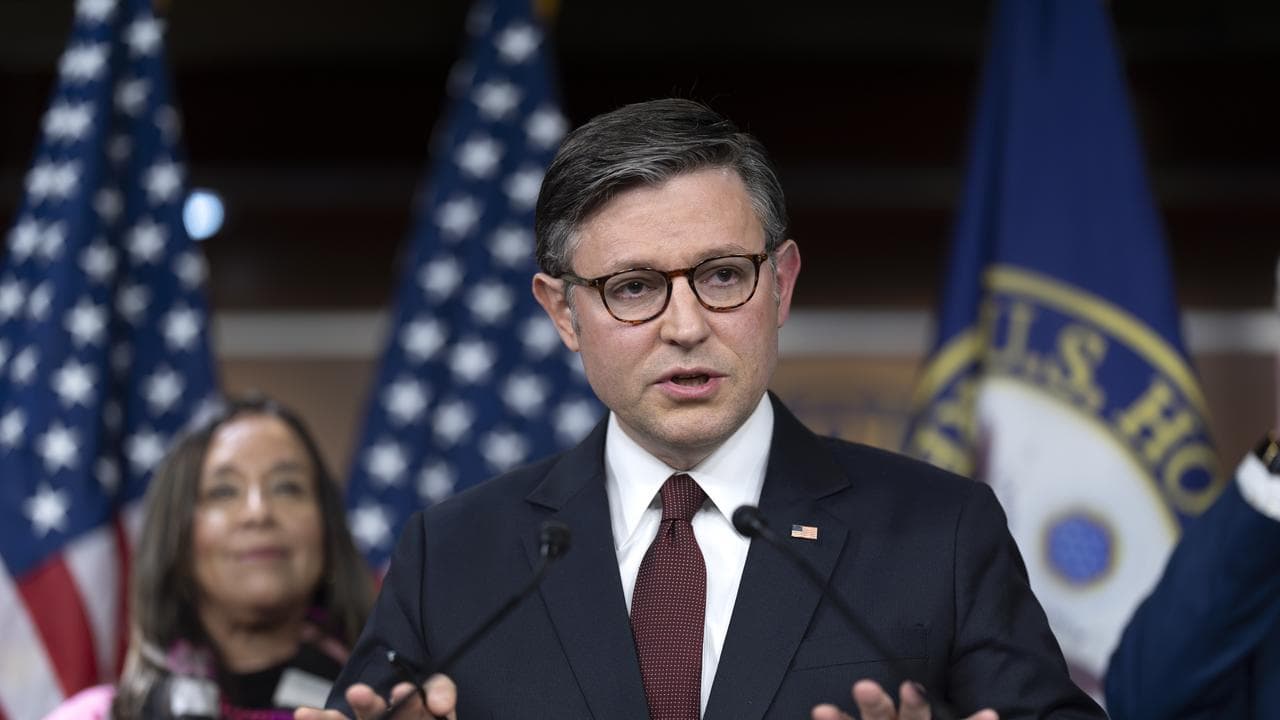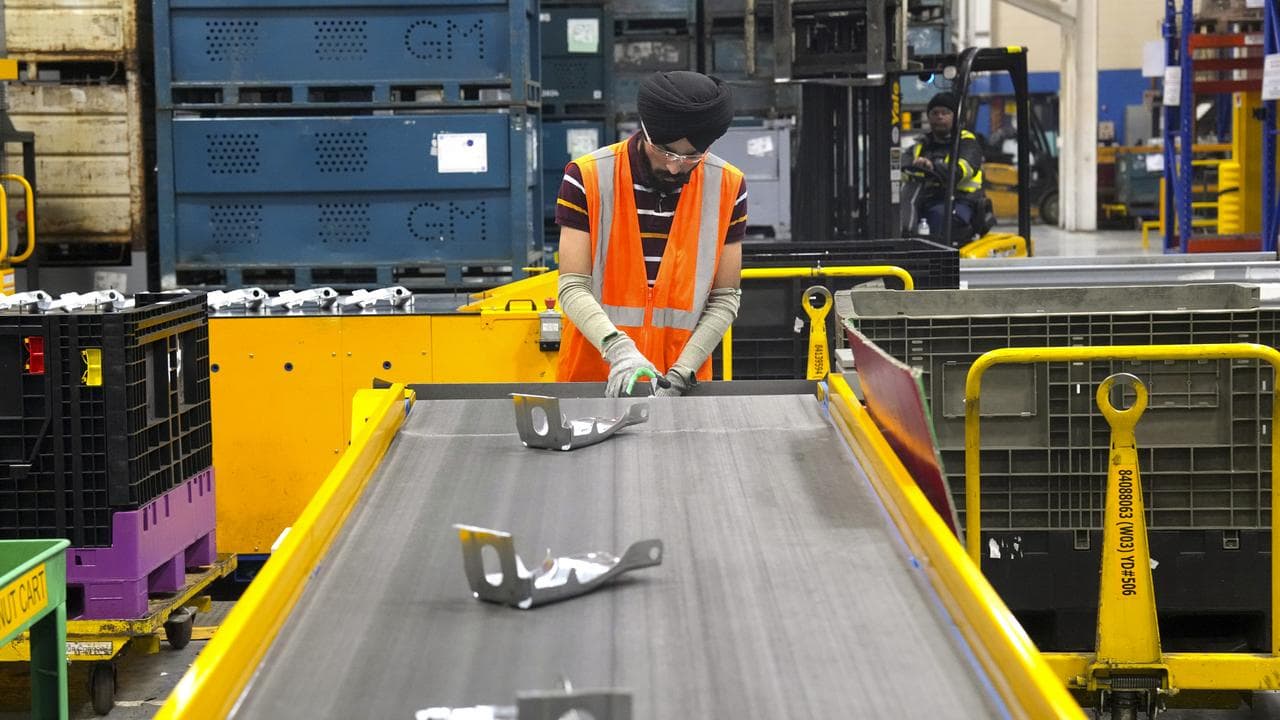
Republican US House of Representatives Speaker Mike Johnson says he believes President Donald Trump is considering exemptions to reciprocal tariffs that include the car and pharmaceutical industries.
Trump had said on Monday that he would announce reciprocal tariffs over the following two days and that he was also looking at separate tariffs on cars, semiconductors and pharmaceuticals.
"I think the White House does have a few categories that would be treated differently, and I expect those two would be among them," Johnson said in a brief interview.
"But I'm not certain. You have to wait, ask the White House about that."
White House spokeswoman Karoline Leavitt said on Wednesday that Trump will announce his reciprocal tariff plan before India Prime Minister Narendra Modi's visit on Thursday.

Trump's trade advisers on Wednesday were working on plans for the reciprocal tariffs the US president has vowed to impose on every country that charges duties on US imports, ratcheting up fears of a widening global trade war and threatening to accelerate inflation.
Issuing exemptions would suggest a more nuanced approach to deploying tariffs than Trump has demonstrated until now with his repeated threats of sweeping tariffs.
Trump stunned markets with his decision on Monday to impose tariffs on all steel and aluminium imports beginning on March 12.
The plans drew condemnation from Mexico, Canada and the European Union while Japan and Australia said they were seeking exemptions from the duties.
The news sent industries reliant on steel and aluminium imports scrambling to offset an expected jump in costs.
Last week, Trump imposed an additional 10 per cent tariff on Chinese goods, effective February 4, with Chinese countermeasures taking effect this week.
He delayed a 25 per cent tariff on goods from Mexico and Canada for a month until March 4 to allow negotiations over steps to secure US borders and halt the flow of the drug fentanyl.
Some US workers welcomed Monday's metal tariffs but many manufacturing-heavy firms expressed deep concern over the next steps, warning the tariff hike would reverberate across supply chains, affecting all businesses that rely on the materials.




